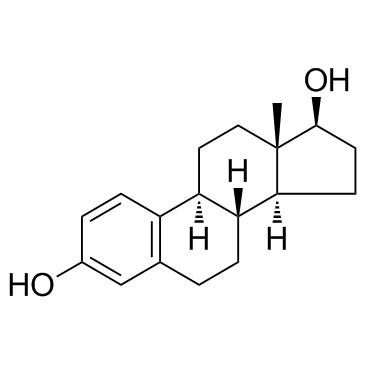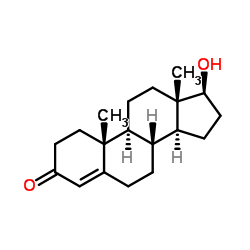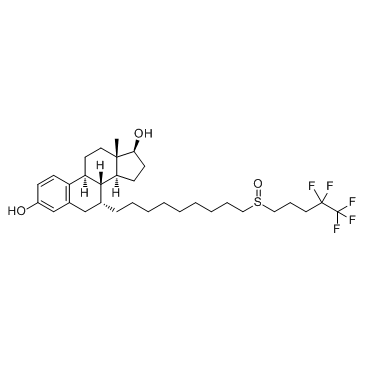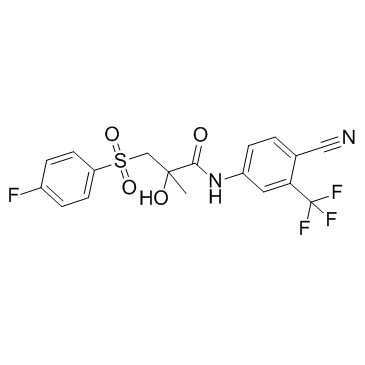| 结构式 | 名称/CAS号 | 全部文献 |
|---|---|---|
 |
雌二醇
CAS:50-28-2 |
|
 |
睾酮
CAS:58-22-0 |
|
 |
氟维司琼
CAS:129453-61-8 |
|
 |
比卡鲁胺
CAS:90357-06-5 |